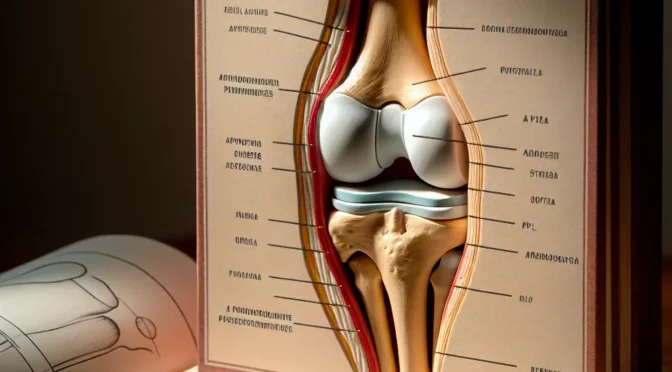The Impact of Nutrition on Stress Levels
Understanding the role of nutrition in stress management is crucial for maintaining overall well-being. One significant aspect to consider is the impact of nutrition on stress levels. Research has consistently shown that a well-balanced diet can play a key role in reducing stress and its related effects on the body and mind.
When the body is under stress, it releases hormones such as cortisol and adrenaline, which can have detrimental effects if not managed properly. Certain nutrients, such as complex carbohydrates, omega-3 fatty acids, and antioxidants, have been found to help regulate these stress hormones and promote a sense of calmness.
Moreover, a diet rich in fruits, vegetables, and whole grains provides the body with essential vitamins and minerals that support the nervous system and help combat the physiological effects of stress. For example, foods high in magnesium, such as spinach and nuts, have been linked to lower anxiety levels.
On the other hand, consuming excessive amounts of caffeine, sugar, and processed foods can exacerbate stress and anxiety. These substances can lead to rapid fluctuations in blood sugar levels and increase feelings of irritability and tension.
In conclusion, adopting a nutritionally sound diet is a fundamental component of stress management. By being mindful of the impact of nutrition on stress levels, individuals can make informed choices to support their overall well-being in the face of daily challenges.
Nutritional Strategies for Stress Reduction
Understanding the role of nutrition in stress management is crucial for maintaining overall well-being. Nutritional strategies for stress reduction play a significant role in regulating the body’s response to stress. Incorporating a well-balanced diet rich in essential nutrients can help mitigate the negative effects of stress on the body and mind.
Consuming foods high in omega-3 fatty acids, such as salmon, chia seeds, and walnuts, can aid in reducing levels of cortisol, a stress hormone. Additionally, complex carbohydrates found in whole grains, fruits, and vegetables can help stabilize blood sugar levels and contribute to a more stable mood. Furthermore, including sources of magnesium, such as spinach, almonds, and avocado, can support relaxation and reduce anxiety.
Incorporating adaptogenic herbs and supplements, like ashwagandha, rhodiola, and holy basil, into the diet can also help the body adapt to stress more effectively. These natural remedies have been shown to modulate the body’s stress response and promote a sense of calm.
Hydration also plays a vital role in stress management. Dehydration can exacerbate feelings of anxiety and stress, so ensuring adequate water intake is essential for maintaining equilibrium.
In conclusion, prioritizing a nutrient-dense diet and incorporating specific foods and supplements can significantly impact stress levels. By adopting these nutritional strategies, individuals can equip their bodies with the support needed to better manage and reduce stress.
Role of Food in Managing Stress
When it comes to managing stress, nutrition plays a crucial role in influencing our body’s response to stressors. The food we consume has the power to impact our mood, energy levels, and overall well-being, making it an essential component of stress management. Consuming a well-balanced diet that includes a variety of nutrient-rich foods can help regulate the body’s stress response.
Foods rich in vitamins, minerals, and antioxidants, such as fruits, vegetables, whole grains, and lean proteins, can provide the body with the necessary nutrients to combat stress. For example, complex carbohydrates found in whole grains can help stabilize blood sugar levels, which in turn can have a positive effect on mood and energy. Additionally, Omega-3 fatty acids, commonly found in fatty fish, nuts, and seeds, have been linked to reducing symptoms of stress and anxiety.
On the other hand, certain foods and beverages, such as those high in sugar, caffeine, and processed foods, can have a negative impact on stress levels. These items can lead to fluctuations in blood sugar and energy levels, potentially exacerbating feelings of stress and anxiety.
Understanding the role of food in managing stress empowers individuals to make conscious decisions about their dietary choices in order to support their overall well-being. By incorporating a balanced and nutritious diet, individuals can positively impact their body’s ability to cope with and manage stress.





























